If you discover your teeth are sensitive, specially to hot as well as cold sensations, feeling discomfort when biting or chewing, or deep tooth decay then you may need “Root Canal Treatment” for your dental problem
We are at Dr. Nudrat Dentist clinic in al barsha, Dubai offers best and affordable root canal treatment to our patients and help them to prevent from tooth decay.
We are happy to help you and give you best of the best treatment.
A “root canal” is a dental function, which is not a therapeutic operation. The pulp, commonly referred to as the hollow part of a tooth, is where the nerves, blood vessels, and various other cells are located.
The crown and roots make up a tooth. Crown is mostly above the gum, whereas the roots are mostly below it. And the jawbone is connected to the tooth’s roots.
The pulp is located between the crown and the root, or the root canal. Pulp supplies nutrition and moisturizes the tooth’s surrounding tissue. Nerves that are located in the pulp perceive heat and cold as painful.
Actually, the phrase “root canal” is related to a dental technique known as endodontic therapy, which literally translates to “inside the tooth.”
But the phrase “root canal” is now frequently used to refer to the surgical procedures.
It is the most common procedure we dentist encounter for pain. Once decay starts and it
reaches the innermost layers of the tooth, the nerves, in order to save the tooth, stop the spread
of infection and to avoid extraction, root canal treatment is performed.
It is performed in a sterile environment, under local anesthesia. Through the access cavity
nerves are approached, and canals are prepared, disinfected and filled with a special material
called gutta percha.
We use specialized dental loups in order to not miss any canal during the
procedure. And IOPA (small xray)are taken during the treatment.
And on the top tooth is filled like a normal cavity.
or call us: +971 54 530 5374
Before performing your root canal, your doctor or dentist will take a dental X-ray of the injured tooth. This makes it possible to assess the degree of injury and confirms that root canal therapy is the best course of action. The actions that will be taken during your root canal treatment are listed below.
To make the damaged tooth and the gums around it feel better, topical anesthetic is initially applied. Additionally, sedatives such as nitrous oxide, oral sedatives, and intravenous sedation are utilized in dentistry to help you unwind. If you suffer from dental-related anxiety, your doctor might suggest sedation.
A tiny dam of rubber is put over the area before starting root canal therapy. This isolates the tooth and keeping it dry during the treatment.
The pulp can be accessed by making a small opening or hole in the tooth’s crown.
The nerves, blood arteries, and tissues within the tooth are removed using teeny dental tools.
The pulp chamber as well as root canals are cleansed, sanitized, and shaped once the pulp has been eliminated.
Gutta-percha, a flexible, rubbery dental material, is then used for filling the empty canals.
To prevent bacteria from recurring, the decaying tooth is subsequently sealed with a temporary dental filling.
Most of the time, a dental crown is required to safeguard the repaired tooth as well as to fix your bite. Crown are custom made by the lab after the dentist makes the impression.
One of the primary worries about this type of treatment is that it will hurt, but if it is carried out by a trained dentist surgeon, it should be reasonably painless.
The infection is the source of the discomfort, not the medication. Rather than causing pain, the root canal treatment works to lessen it.
By administering local anaesthetic to the tooth and its surroundings, the dental surgeon will lessen any discomfort associated with the surgery.
Some pain following the procedure is typical. It will pass, and over-the-counter painkillers can be sufficient to relieve it.
The dentist may advise taking an antibiotic to treat or prevent illness.
Patients typically require a root canal when they discover their teeth are sensitive, especially to hot as well as cold sensations
There are a various indicators that may indicate the need for a root canal:
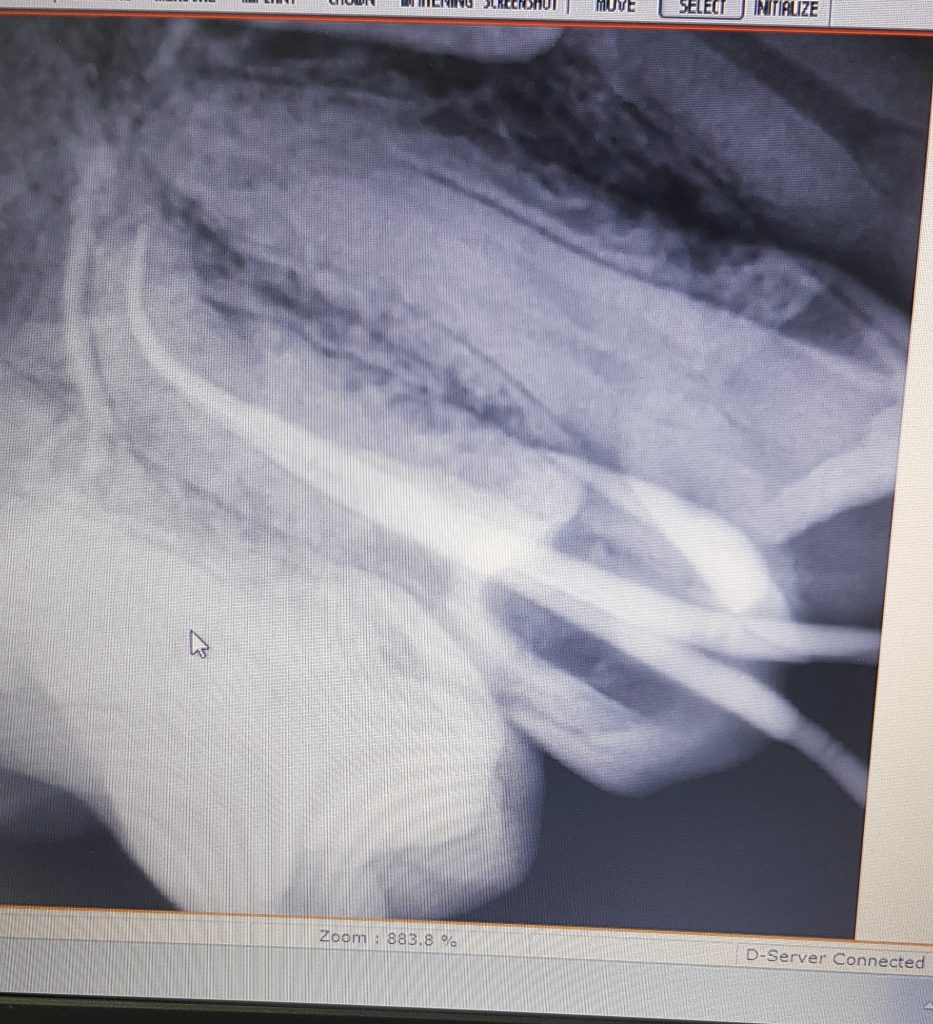
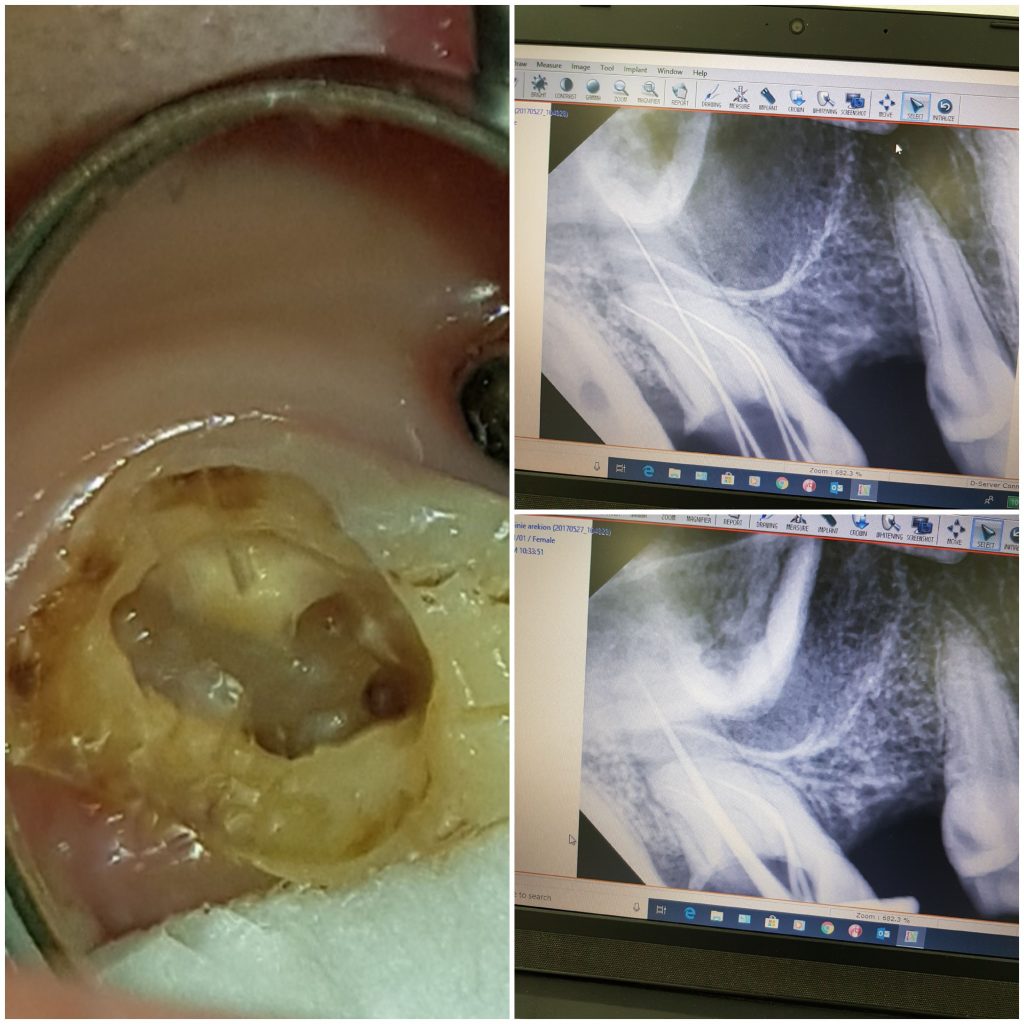
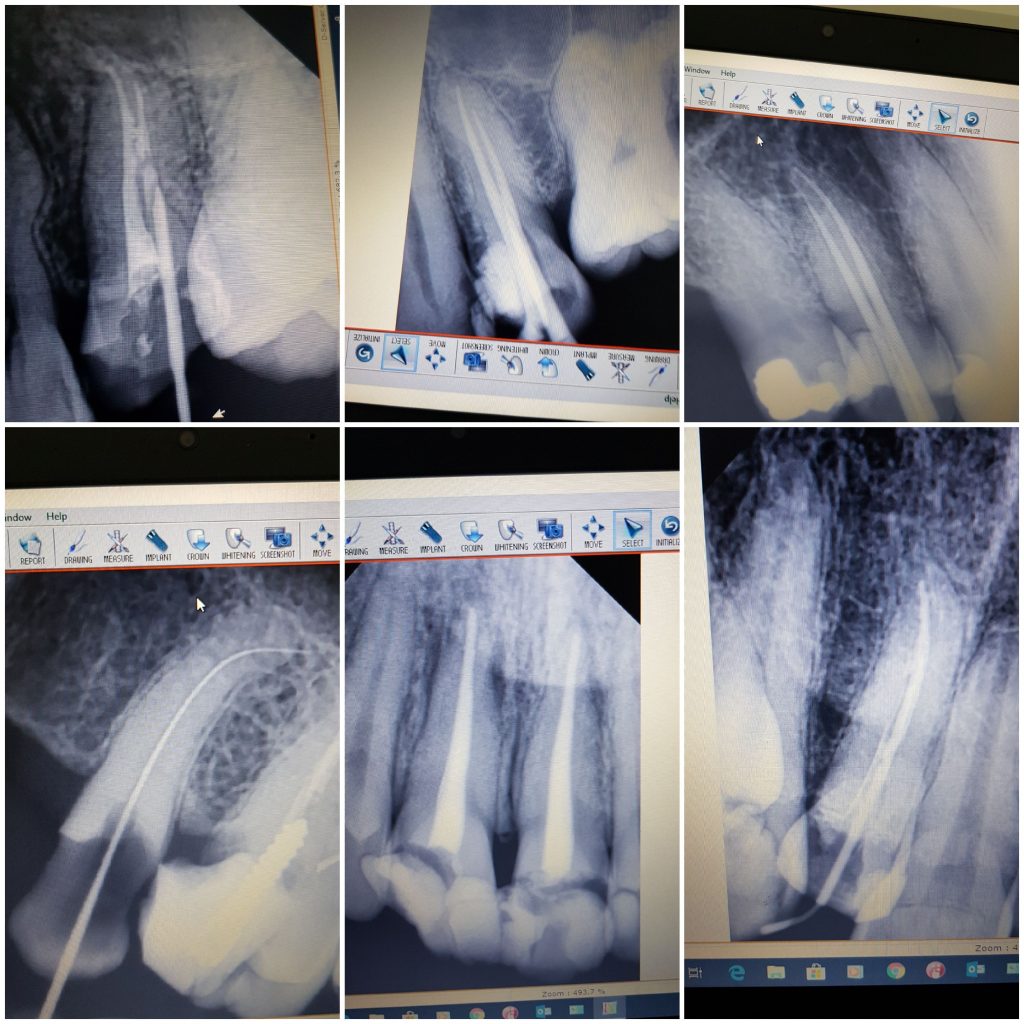
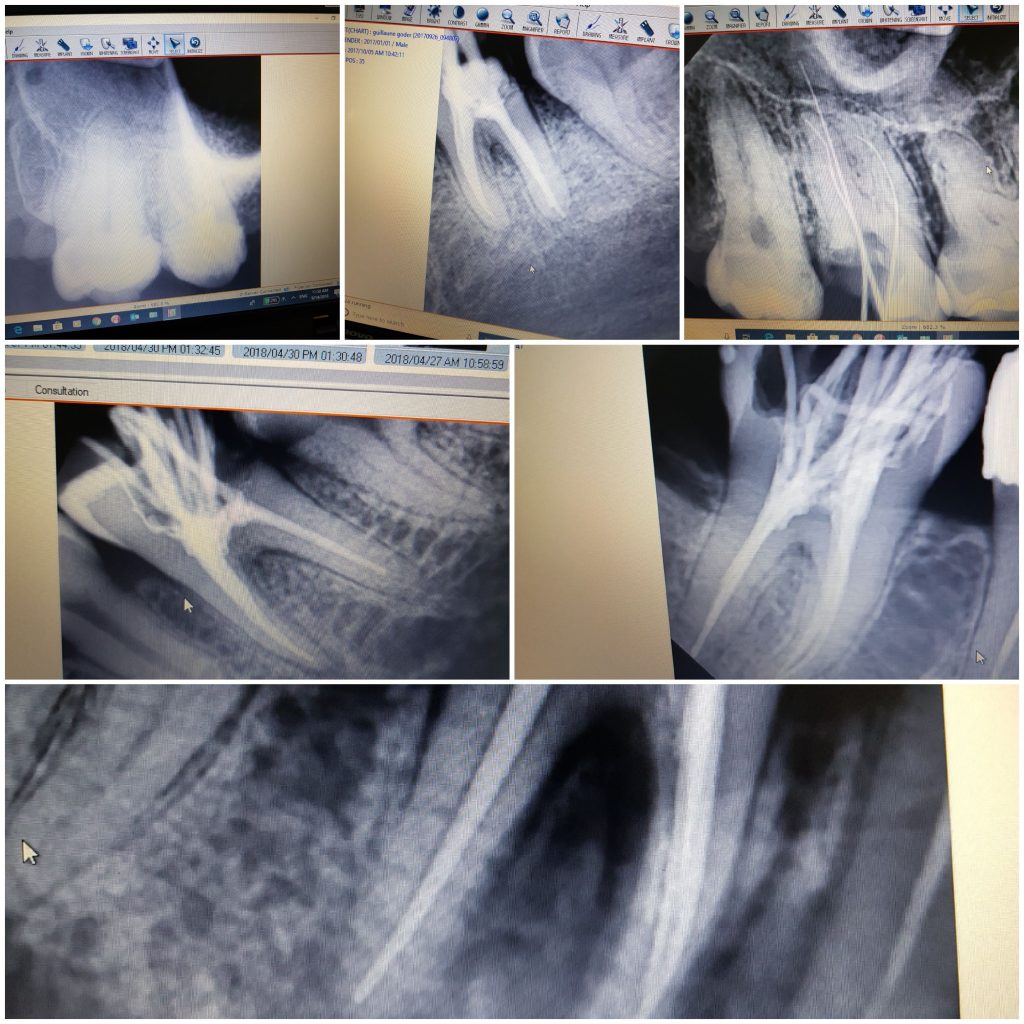
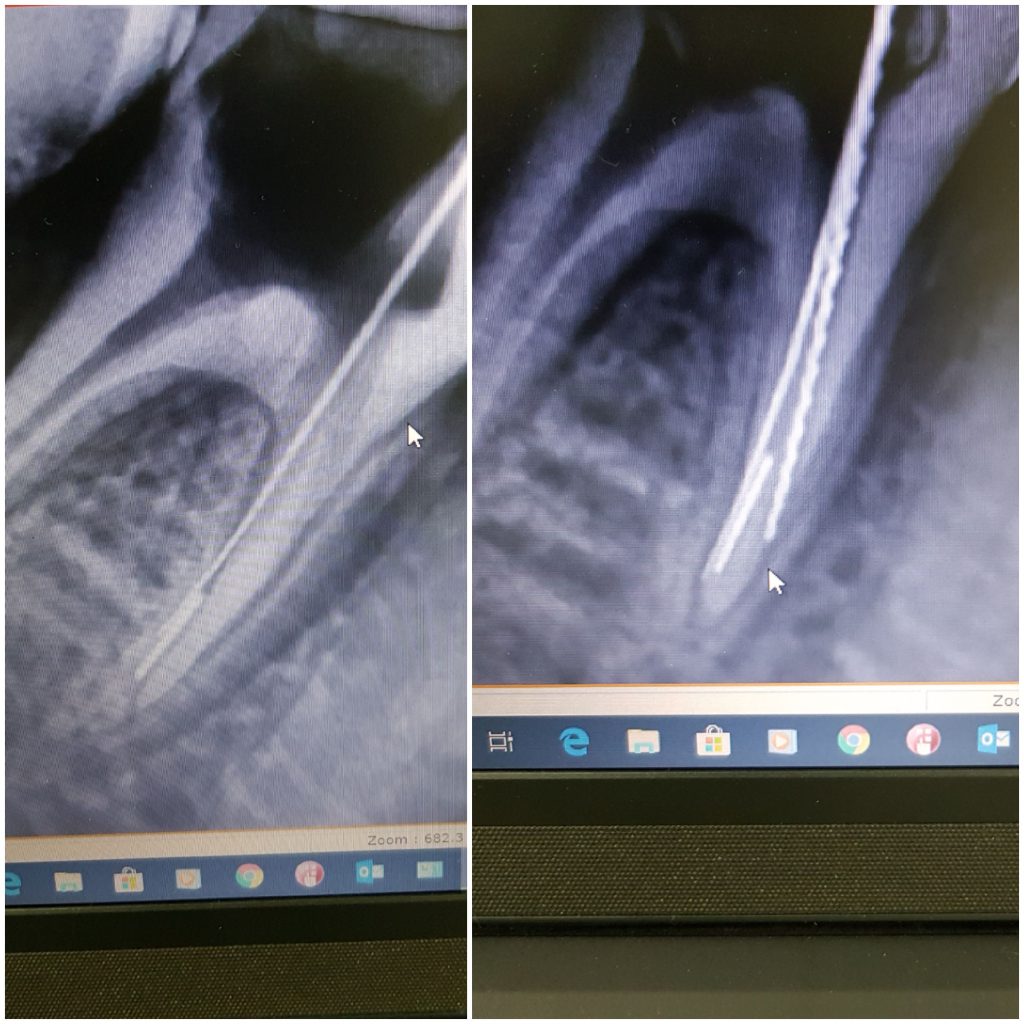
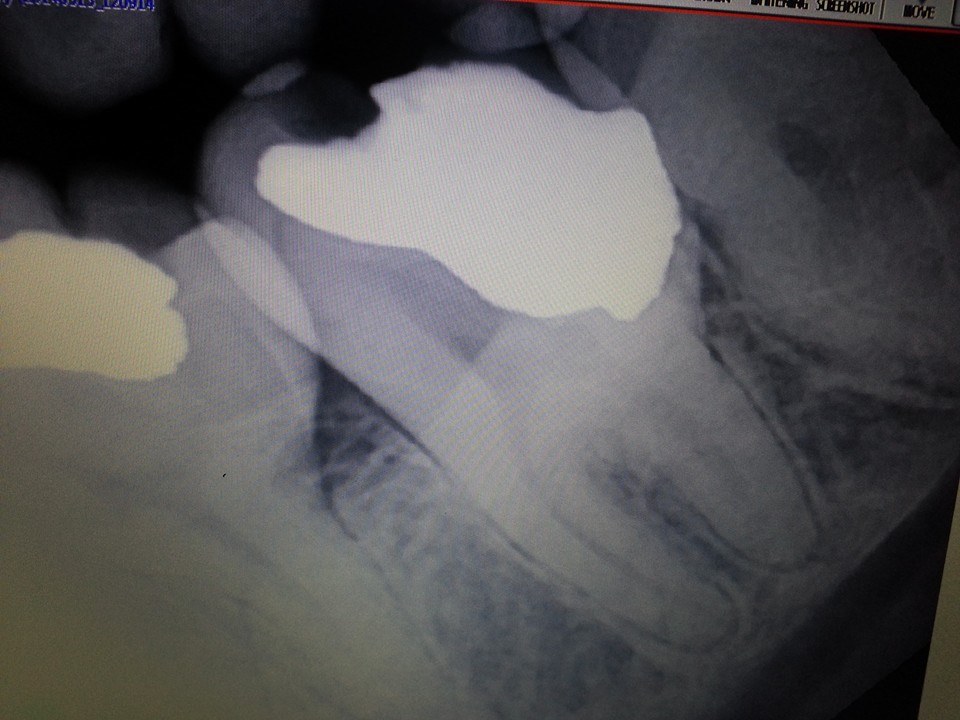
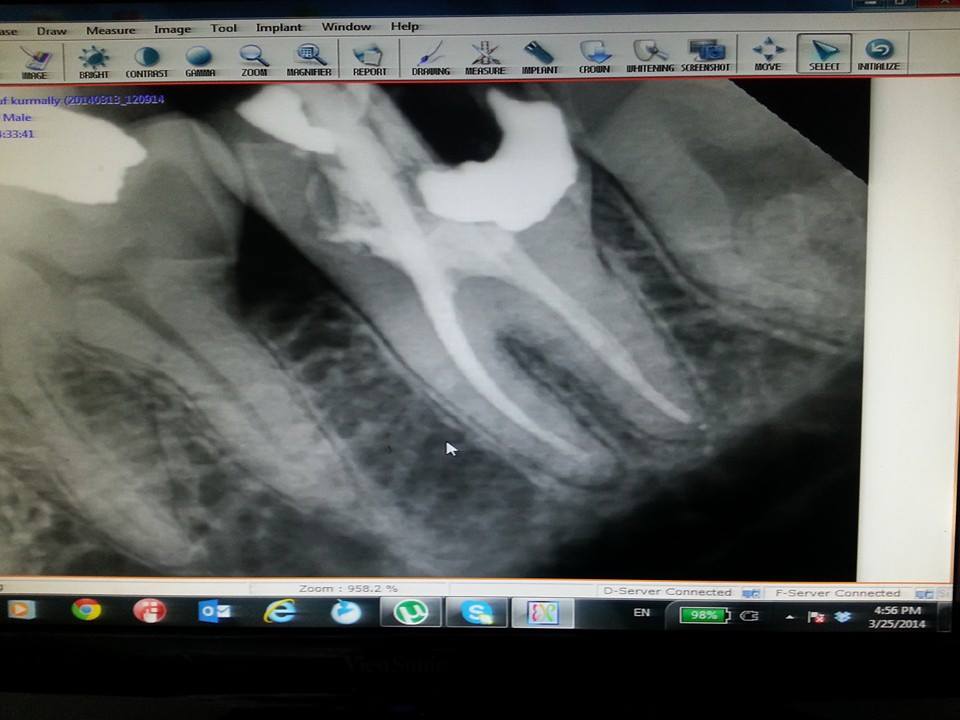
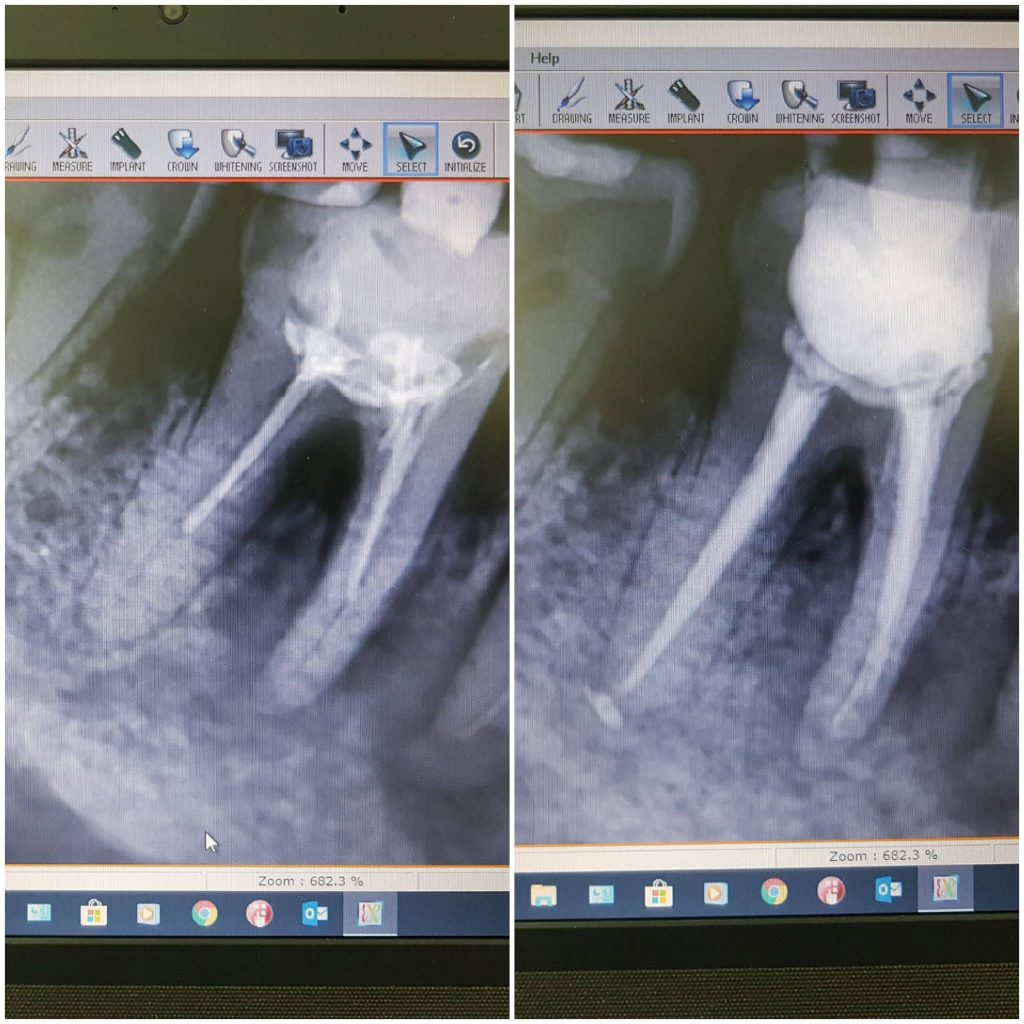

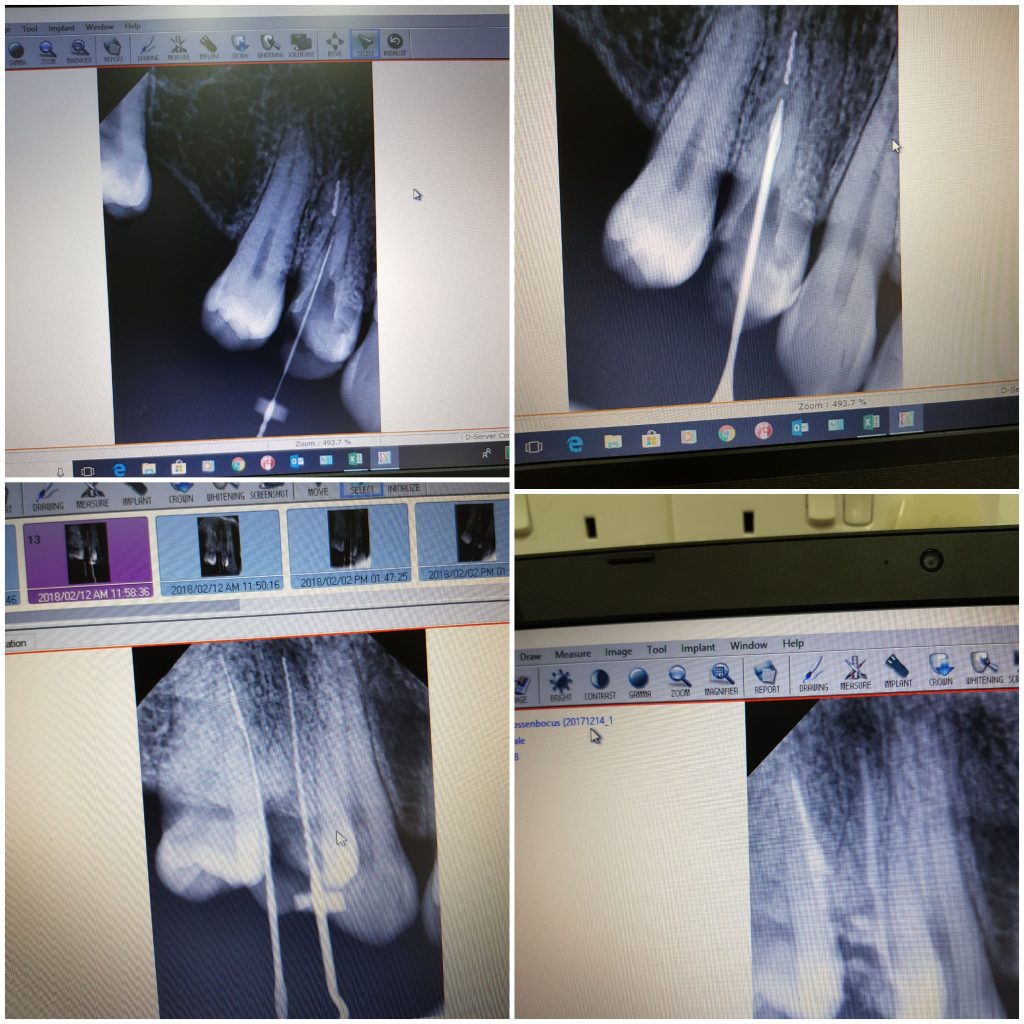
Meet Dr. Nudrat, for root canal treatment in dubai and know more about different options and solutions for root canal treatment.


Indian Experienced Dr.
Hindi, English, Creole Speaking